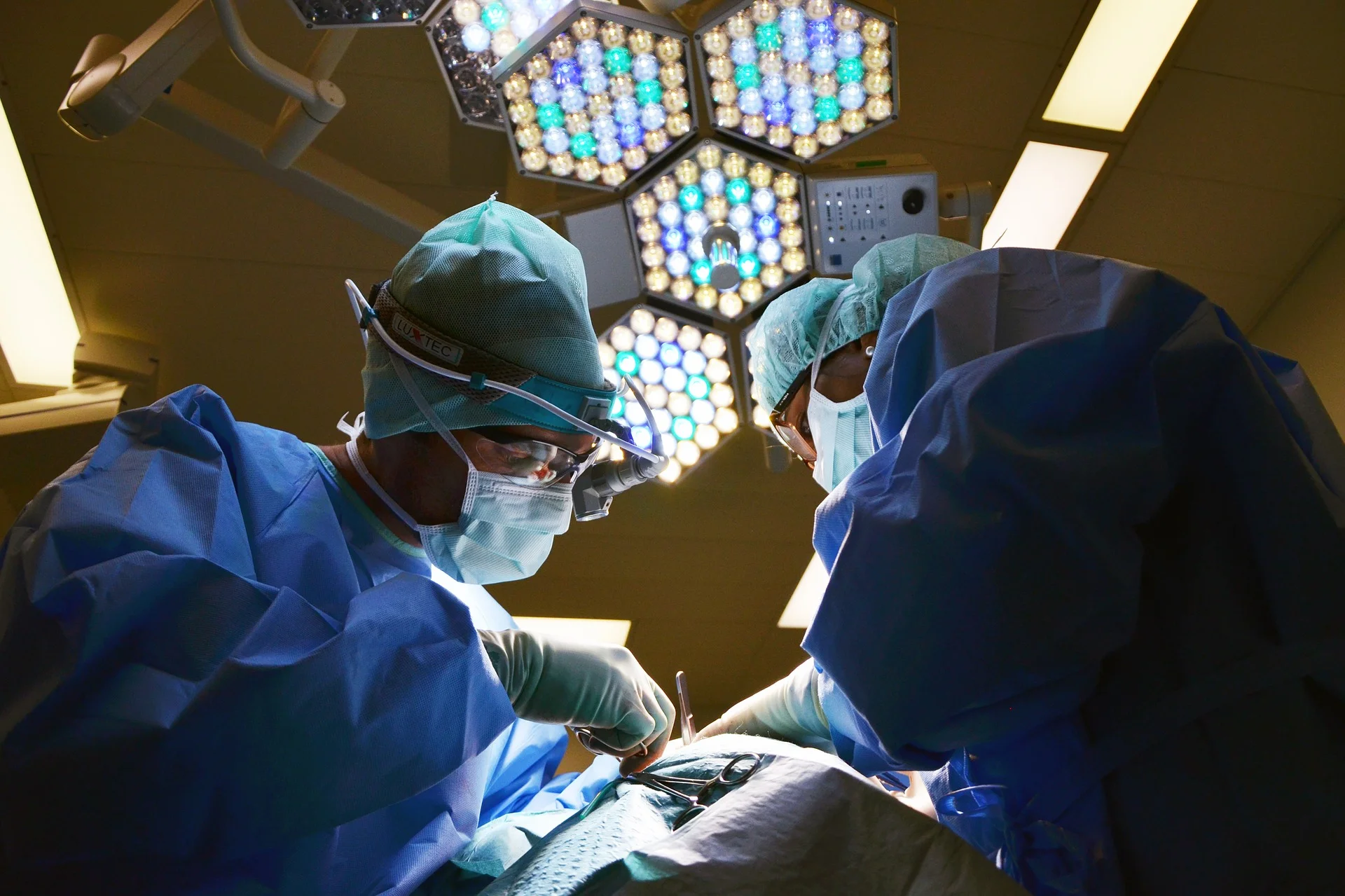Essentially, medical (or clinical) negligence occurs when a medical professional (e.g. a GP, Consultant or surgeon) fails to provide treatment to an acceptable standard, judged by other medical professionals in the same field, that would amount to a ‘breach of duty’.
To be entitled to damages you would also have to establish ‘causation, i.e. that you suffered a worse outcome in consequence of that breach.
Medical negligence can involve almost any case where the exercise of clinical judgement by individual or a process has resulted in a patient coming to harm.
When thinking of medical negligence failed or unnecessary operations spring to mind for many, but in truth – although a frequent cause of claim – this isn’t the most common form. Reports vary on what kind of medical negligence occupies the top spot, but misdiagnosis and birth related negligence feature highly, with birth injuries often resulting in very high awards of damages because of the degree of harm suffered and the potentially long-lasting effects on the child and the family.
Others include negligent delays in investigation, diagnosis and treatment.
It is important to understand that just because you or a member of your family has endured a poor outcome, that does not mean you are the victim of medical negligence. There is always an inherent risk in any medical procedure and poor outcomes can occur despite all reasonable care and so not be assessed as being a breach of duty.
Do I Have a Case?
This depends on the particular circumstances under which you or your family member sustained the injury; we would have to establish breach of duty and causation of additional injury.
Injuries and fatalities are not uncommon in hospitals but are not necessarily the result of negligence.
Complaint: It may be helpful to first make a formal complaint to PALS or the Health Service Ombudsman, however that is not a necessary first step and a complaint rarely results in an award of damages.
Limitation: Essentially, you have 3 years from the time of the incident or from when you first became aware of significant injury to issue Court proceedings; In the case of a fatality the period is 3 years from the date of death; a child has until aged 21 and time does not run at all against someone who lacks mental capacity.
You should be aware that time goes surprisingly quickly, especially if you pursue the complaint process first or, quite reasonably, allow time for the clinicians to try and put matters right, if they can.
What Constitutes Medical Negligence?
Understanding what is – legally speaking – medical negligence will help you determine if you have a case and whether or not it is worth speaking to a medical negligence solicitor about how they can help.
We have listed some of the most common forms of medical negligence and what action – or lack of action – can be grounds for a claim:
Surgical Negligence
It is important to stress that the NHS performs millions of successful operations every year, however mistakes are occasionally made and the result can be regrettably life changing.
Common types of surgical negligence can include:
- Surgery performed below an acceptable standard
- The wrong operation being performed
- Organ perforation during the procedure (which may be a known risk and not a breach of duty)
- Foreign objects being left inside the body
- The wrong part of the body being operated on
- Failure to obtain the informed consent of the patient (in circumstances where the patient would have acted differently had they been properly informed of risks and alternatives)
Birth Injuries
No parent could contemplate the agony of harm coming to their baby, but for some that’s precisely what they have to face. Whilst not all birth (or pregnancy) injuries are fatal, they sometime result in serious harm to mother or the child if labour is mismanaged or where conditions or injuries go undiagnosed or improperly treated.
That can mean painful and drawn out recovery or worse. Such claims may include:
- Mismanaged labour causing Cerebral Palsy through oxygen starvation
- Delay or failure to perform a caesarean section
- Pre-eclampsia
- Uterine Rupture
- Second or Third Degree Tears
- Hip Dysplasia
Misdiagnosis
The strain on GPs and other medical professionals is rarely out of the media spotlight. The reason for this is quite simple: the time pressures they are under cause more and more misdiagnoses.
A poll published by Parkinson’s UK in late 2019:
In our survey of more than 2,000 people, more than a quarter (26%) reported they were misdiagnosed with a different condition before receiving the correct Parkinson’s diagnosis.
Here are the common grounds for a misdiagnosis claim:
- When an illness or condition is missed entirely by the medical professional – this can be on a single occasion or multiple occasions.
- An incorrect diagnosis – regardless of whether or not this leads to incorrect treatment
- Failure of a GP to refer in time and to an appropriate specialist
- Failure to conduct appropriate investigations, X-rays and other scans
- Failing to report on or misreporting scans and test results
If you believe you or a family member has been the victim of medical negligence you should seek legal advice from a specialist solicitor as soon as possible.
It’s important to remember that not every case will be strong enough to take to court, and when that’s apparent a trustworthy solicitor will always be honest with you.
To learn more about how to make a Medical Negligence claim contact us today to speak to one of our specialist solicitors in the same field.


.png)





